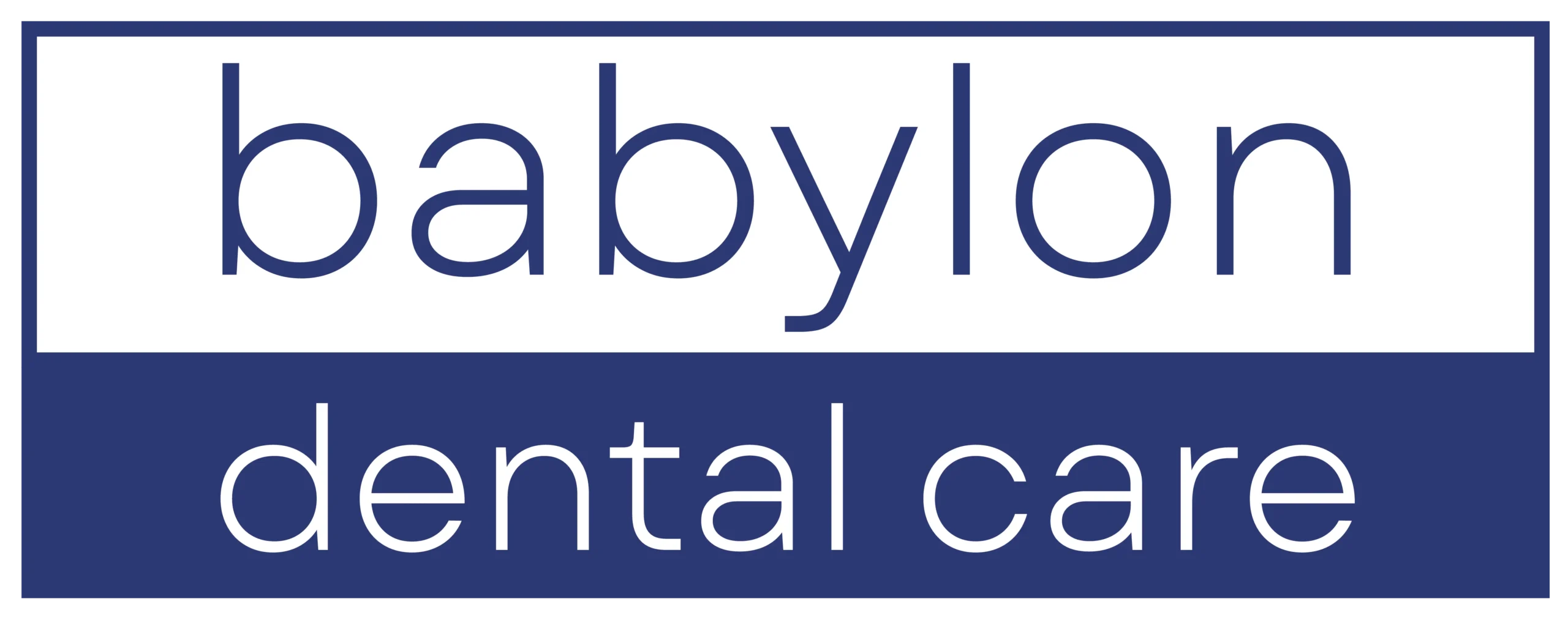
Dry mouth, also known as xerostomia, can be an uncomfortable condition that affects many aspects of your daily life. From difficulty speaking and swallowing to an increased risk of tooth decay and gum disease, the consequences of dry mouth are far-reaching. Fortunately, there are natural and effective ways to manage and treat this condition, improving your oral health and overall quality of life.
Understanding the Causes of Dry Mouth
Before delving into natural treatments, it’s essential to understand the underlying causes of dry mouth. Some of the most common factors include:
- Dehydration: Not drinking enough water is a primary cause of dry mouth. Your body needs sufficient hydration to produce saliva.
- Medications: Many prescriptions and over-the-counter medications, such as antihistamines, decongestants, and antidepressants, list dry mouth as a side effect.
- Aging: Saliva production naturally decreases as we age, making dry mouth more common among older adults.
- Lifestyle Habits: Smoking, chewing tobacco, and consuming excessive alcohol or caffeine can all contribute to dry mouth.
- Health Conditions: Conditions like diabetes, Sjögren’s syndrome, and sleep apnea are often associated with reduced saliva production.
Natural Remedies for Dry Mouth
Managing dry mouth naturally often involves lifestyle changes and simple home remedies. Here are some proven methods to help alleviate the symptoms:
Stay Hydrated
One of the easiest and most effective ways to combat dry mouth is by drinking plenty of water throughout the day. Aim for at least 8-10 glasses of water daily to ensure your body stays hydrated and can produce adequate saliva.
Use a Humidifier
Dry air, especially during colder months, can exacerbate dry mouth symptoms. Using a humidifier in your bedroom or living space can increase the moisture in the air, helping to keep your mouth from feeling excessively dry overnight.
Chew Sugar-Free Gum or Suck on Sugar-Free Lozenges
Chewing gum or sucking on lozenges stimulates saliva production. Opt for sugar-free options to avoid increasing your risk of tooth decay.
Avoid Triggering Substances
Certain substances can worsen dry mouth symptoms, including:
- Caffeinated beverages like coffee and tea
- Alcoholic drinks
- Tobacco products
Limiting or eliminating these substances from your daily routine can significantly improve saliva production and reduce discomfort.
Eat Moisture-Rich Foods
Incorporate foods with high water content into your diet. Cucumbers, watermelon, oranges, and celery can help keep your mouth hydrated.
Practice Good Oral Hygiene
Maintaining excellent oral hygiene is essential when managing dry mouth. Brush your teeth at least twice daily with fluoride toothpaste, and use a soft-bristled toothbrush to avoid irritating sensitive tissues. Floss daily and consider using an alcohol-free mouthwash designed for dry mouth relief.
Stimulate Saliva Naturally
Certain herbs and natural ingredients can stimulate saliva production. Try incorporating the following into your daily routine:
- Ginger: Chewing fresh ginger or sipping ginger tea can help stimulate your salivary glands.
- Aloe Vera: Aloe vera gel can soothe dry tissues in your mouth and stimulate saliva.
- Fennel Seeds: Chewing fennel seeds after meals is a traditional remedy for dry mouth.
Try Oil Pulling

Oil pulling is an ancient Ayurvedic practice that involves swishing a tablespoon of oil (typically coconut or sesame oil) in your mouth for 15-20 minutes. This isn’t just a social media fad. It’s a practice steeped in thousands of years of tradition. Oil pulling can help moisturize your mouth, reduce harmful bacteria, and improve oral health.
Breathe Through Your Nose
Mouth breathing can dry out your oral tissues. Make a conscious effort to breathe through your nose, especially when sleeping. If nasal congestion is an issue, consider using a saline spray or a nasal decongestant to clear your airways.
Reduce Stress
Stress and anxiety can contribute to dry mouth. Relaxation techniques such as deep breathing exercises, yoga, or meditation can reduce stress and improve overall well-being.
When to See a Dentist
While these natural remedies can be highly effective, persistent or severe dry mouth may require professional intervention. It’s essential to visit a dentist if you experience:
- Chronic dry mouth that doesn’t improve with home remedies
- Difficulty swallowing or speaking due to dryness
- A sticky feeling in your mouth that interferes with daily activities
- Frequent cavities or gum disease related to reduced saliva
Why Choose Babylon Dental Care?
At Babylon Dental Care, we understand dry mouth’s impact on your daily life and oral health. Our team of experienced professionals is here to provide personalized care and effective treatment options tailored to your needs. Call us at (631) 983-6665 or contact us online to create a plan to restore oral health and enhance quality of life.
Related Posts:
